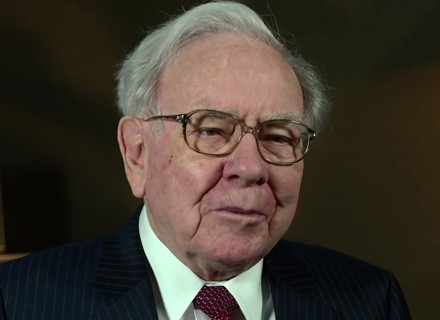How many entrepreneurs are as confident as before COVID-19? We know most S&P 500 companies started in low markets. Yes, the finest entrepreneurs intuitively lean in and listen closer to their market and customers during rough times, innovating where needed and making their companies more resilient.
Many feel differently about the current financial climate. As much as we have been surprised by consumer differences, the basics of employment have changed, as have employees.
Can you retire financially even with this? Consider the Warren Buffett option here.
End of story. When I say this, I’m identifying a kind, not praising the person. The fourth guideline was written in a handwritten note to financial planner Adiel Gorel, who authored and hosted the PBS series Remote Control Retirement Riches and Life 2.0.
These decades-old standards are even more crucial during our political and pandemic-related economic struggles.
Pay Yourself First
Too many entrepreneurs invest in their firms and wait for “the big exit.” But then it fails. Statistics show that the wealthiest are regular individuals with financial discipline. They saved and invested before “we can afford it” (never) or “when we exit our company.”
With or without counsel, they evaluated their retirement needs and saved first (often in a hard-to-access CD or another bank). They covered their needs. The last portion of their funds went to extravagance and risky ventures. They practised and taught financial discipline early and persistently.
Don’t Overspend On Brands
Warren Buffett suggests buying slightly used cars, premium or not.
Choose a luxury home in a location that makes it easy to flip or rent for extra income and tax benefits. Consider living in a conservative home and renting a luxurious home for family or friend vacations.
Lauren Solomon, who has over 15 years of experience in public policy, consumer research & engagement, reminds clients that working remotely or on a low budget is no excuse to overlook “the business of being you.”
“You shouldn’t be so casual that your appearance contradicts your quality standards. Even casual clothing can look good,” she often says, while adding, “You can’t ask for money if you show up looking like you’ve never had any.”
One approach is to rethink luxury brands. Consider your indulgences investments. Are the quality and look classic? Could you adjust and wear it in 20 years?
Be Cautious With Loans
Warren Buffett stated, “If you buy things you don’t need, you will soon sell things you need,” often.
Credit cards pose the greatest risk to wages and savings. Warren Buffett operates almost exclusively with cash.
Learn card usage optimization strategies to maintain your credit score and qualify for maximum credit when needed while paying the minimum interest (or none).
Be Cautious About Investing Borrowed Money
Warren Buffett has repeatedly advised against borrowing money to invest in equities. However, his personal communication with financial advisor Adiel Gorel may be an exception to credit avoidance.
After an MSNBC interview in 2012, Adiel Gorel heard from Warren Buffett. Adiel Gorel underlined Warren Buffett’s frequent advice on buying or refinancing properties with fixed-rate 30-year mortgages, which are standard in the United States but rare elsewhere.
Unlike multi-tenant dwellings, a fixed-rate loan on a single-family home allows inflation to make the payment and balance of your loan better over time while also allowing your tenant’s rent to contribute to loan repayment each month.
Adiel Gorel praised Warren Buffett for recognizing single-family houses as a great investment, saying he and Berkshire would buy many if they could. He later discovered Warren Buffett was watching. He wrote to offer his company’s help with the mass purchase.
Warren Buffett replied, “To make it justified for Berkshire, we’d need to invest about USD 10 billion.”
No Berkshire mass home purchase occurred. As Adiel Gorel explains, an everyday investor below the level of Berkshire or Warren Buffett might benefit from holding even one or two investment residences on a 30-year fixed-rate mortgage, especially at current interest rates below 4%.
This could be wise debt utilization to reach retirement goals.
Of course, saving and investing have extra rules. For now, the advice for everyone will be to take legends like the “Oracle from Omaha” seriously. Now more than ever, these values may benefit us all.

